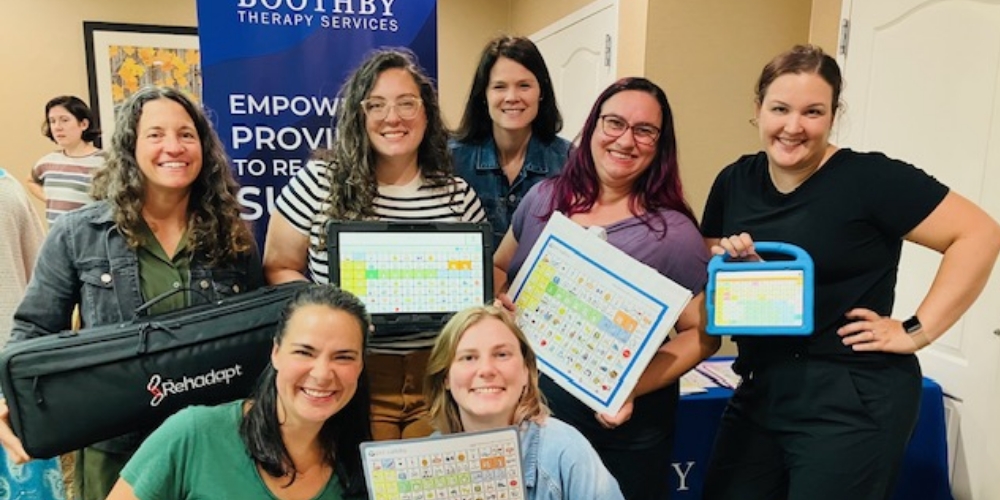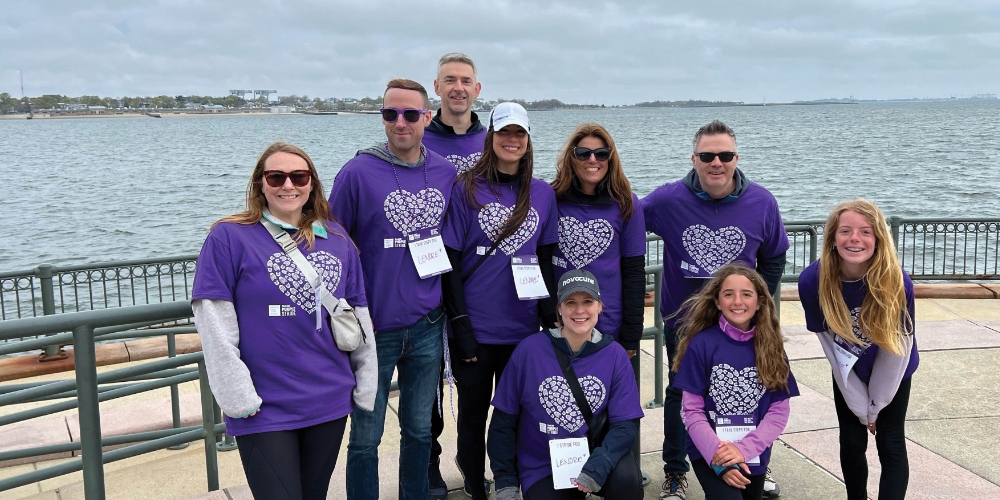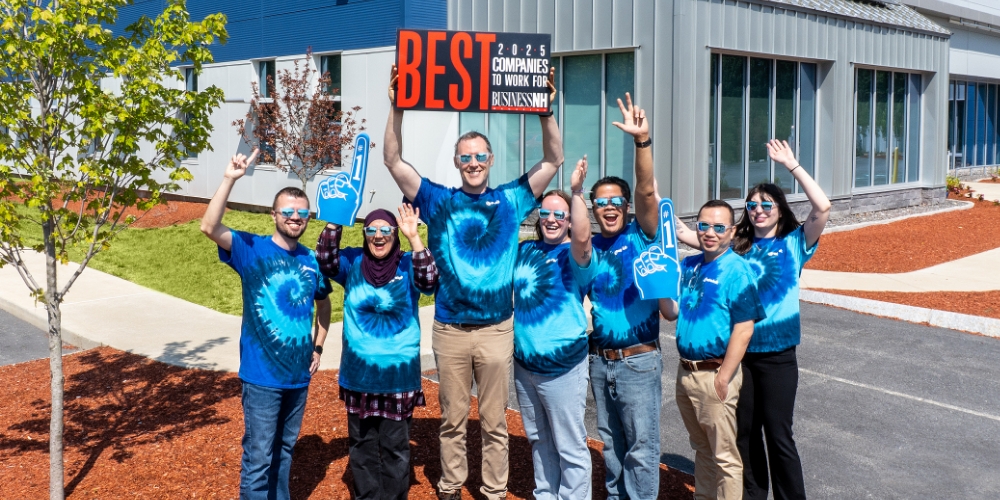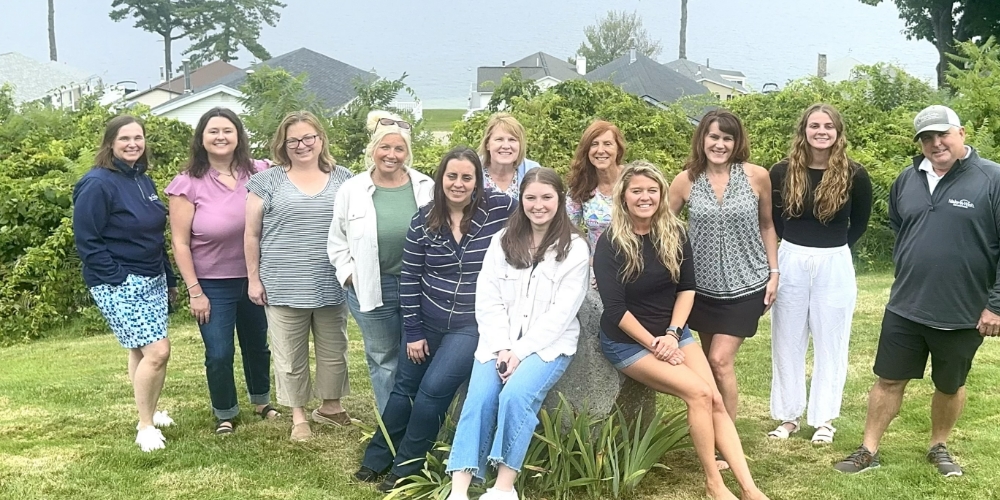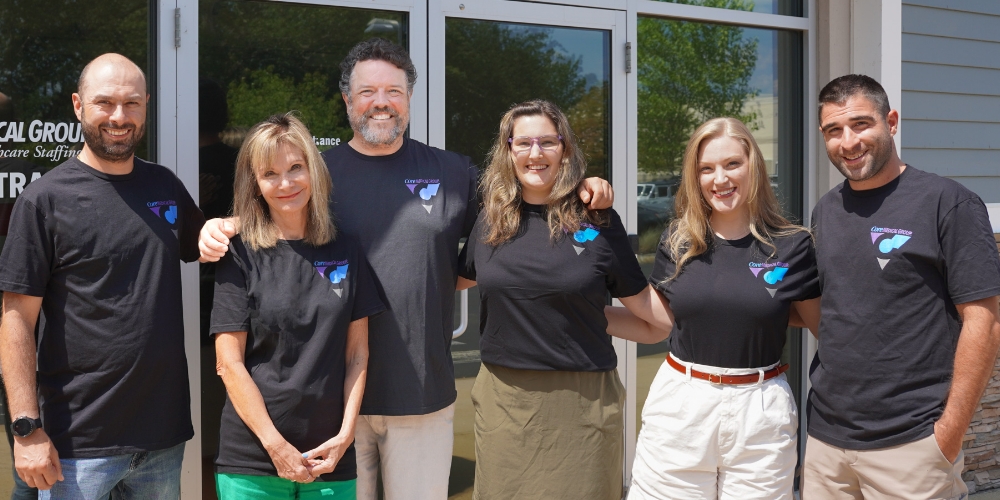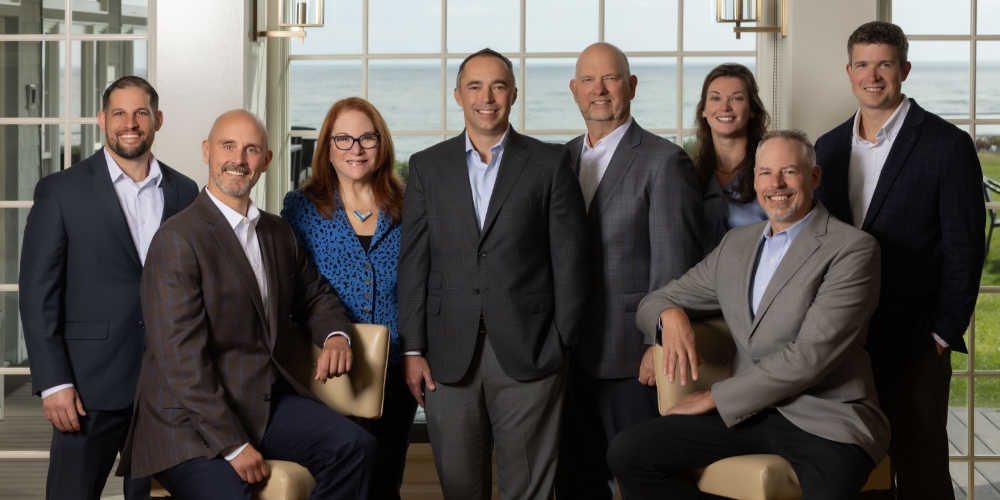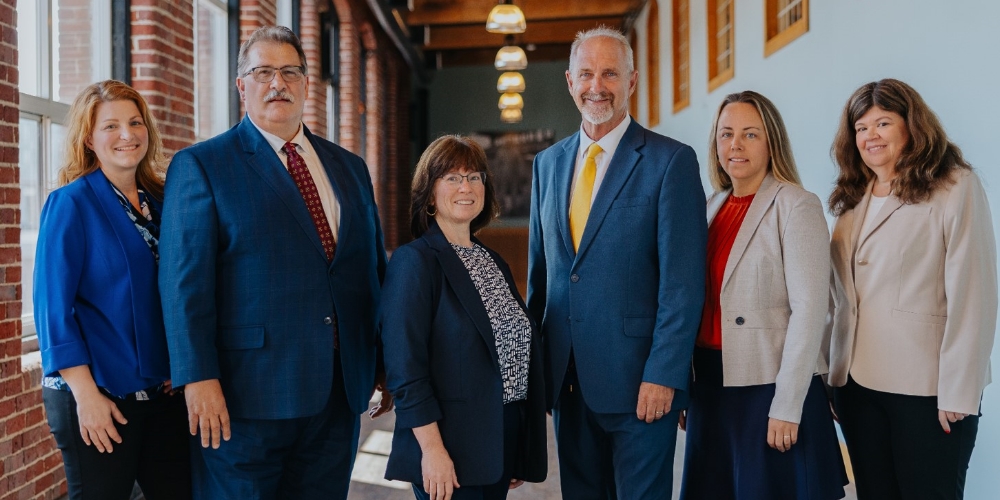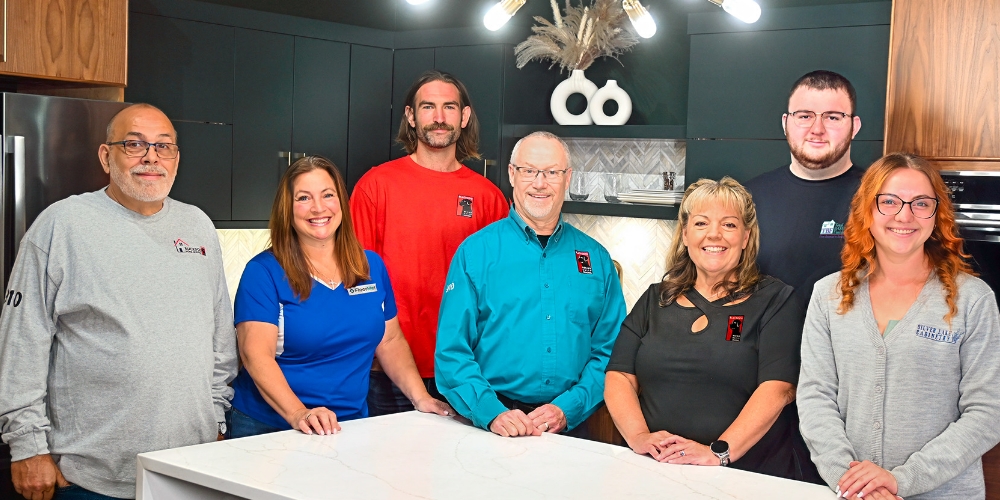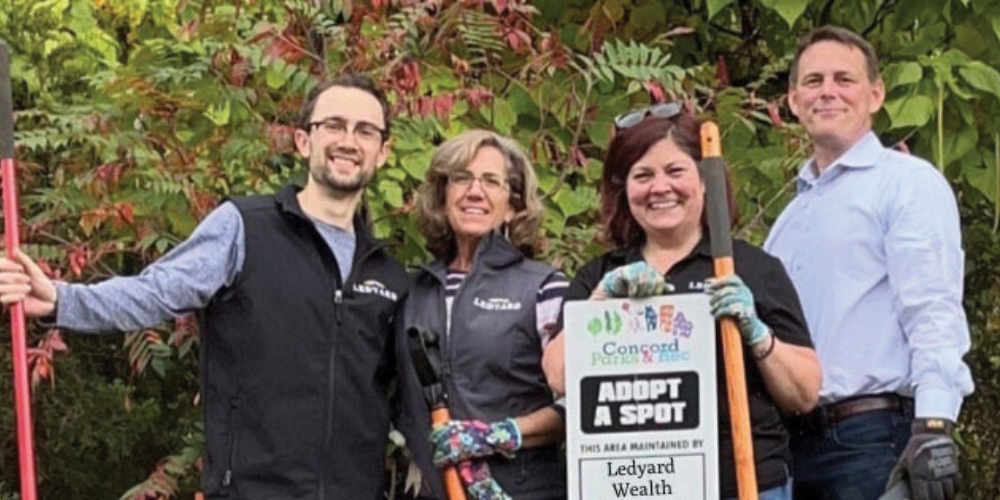
Debate has been rancorous over the Medicaid changes in President Donald Trump’s signature tax and policy legislation, but there’s one thing both sides agree on: the changes will affect access to health insurance for millions of low-income Americans, with cascading effects throughout the health care system.
The One Big Beautiful Bill Act, signed into law on July 4, marks the most significant changes to Medicaid since expansion of the program under the Affordable Care Act in 2010. The nonpartisan Congressional Budget Office estimates that the changes will reduce federal Medicaid spending by $911 billion over a decade, a 14% cut.
Supporters of the legislation argue that most of the nearly $1 trillion in savings will come from pushing people off Medicaid who could be working and covered by either private insurance or by the Affordable Care Act with premium subsidies. Opponents say cutting that much money will leave qualified applicants without health insurance and will lead to more uncompensated care that will add costs to the entire system.
“There is no way you can reduce spending by $1 trillion over 10 years and not have an impact on who is accessing coverage and how we are paying for services,” says Steve Ahnen, president of the NH Hospital Association.
Medical services are paid for by what Ahnen calls “the three-legged stool” of Medicare (for those over 65), Medicaid (for those with limited resources) and private health insurance (mostly employer funded) and according to Ahnen, “We just took a big whack at one leg of the stool.”
While 75% of NH residents are covered by private insurance, approximately 13% of the state’s population is enrolled in Medicaid. That’s roughly 187,000 people, including children, pregnant women, people with disabilities, and low-income adults, mostly in the more rural parts of the state.
The Medicaid population in NH is disproportionately young, with 25% of the children in the state relying on Medicaid as their primary insurance, according to Joe Perras, president and CEO of Cheshire Medical Center in Keene. However, Medicaid recipients also include people with disabilities, single mothers with children, the elderly and low-income adults.
Prior to Medicaid expansion under the Affordable Care Act, the primary coverage group did not include low-income adults. States that chose to expand Medicaid made it available based solely on low income regardless of age or health status. In NH, about 60,000 individuals are part of expanded Medicaid. Their coverage is most at risk under the changes that will take place in the years ahead.

Imposing Work Requirements
At the heart of the Republican-led effort to reduce Medicaid spending is the imposition of work requirements on individuals aged 19 to 64 who are not already exempt due to factors like being a parent of young children, having a disability, or being a veteran.
They will have to reapply every six months and verify that they meet the work requirements, have volunteered in the community or qualify for an exemption.
“The vast majority of people on Medicaid expansion are working; many qualify for exemptions,” says Ahnen. “The challenge is in submitting the
required documentation.”
New Hampshire attempted instituting a work requirement for Medicaid recipients in 2019. The state then received a waiver from Medicaid rules in 2019 to adopt a work requirement for the state’s Medicaid expansion program, known as Granite Advantage. However, the state suspended the policy before it took full effect because it became apparent that thousands of people would lose coverage immediately due to an extremely low compliance rate. This was attributed to recipients being confused by the rule change or being unaware of it.
That experience showed that people who would otherwise qualify will lose coverage, and much of the savings will be consumed by additional bureaucracy to monitor compliance, according to Ahnen, Perras and other opponents of the changes.
Even supporters of the bill say the ultimate impact of the work requirement is uncertain for now. “Requiring able-bodied recipients to work creates an incentive for these individuals to find and maintain employment. This would save costs in the long run if it shifted people from the government program to private insurance,” wrote Drew Cline, president of the Josiah Bartlett Center for Public Policy in an email response. “But of course that shift would have to happen at scale, and the administrative costs would have to be less than the savings. This is new territory for Medicaid, so success will depend a lot on how well designed and implemented the requirements are, how good the job market is, and whether other supports are available for people who need them.”
The Affordable Care Act allowed states to expand Medicaid eligibility to adults between the ages of 19 and 64 with an income of up to 138% of the federal poverty level. According to KFF, a health policy research, polling, and news organization, 64% of recipients are working—40% full time and 20% part time. Those adults not working cite illness, disability, old age, caregiving, or being in school. Those who are working use Medicaid because they cannot access affordable health care.
Big Losses Anticipated
The bill’s sponsors anticipate some significant loss of Medicaid revenue to rural hospitals in particular and even created a fund in the bill (the Rural Health Transformation Program) to compensate rural hospitals for those expected losses. “It’s not ideal,” according to Cline, “but if the other changes save more money in the long run, as expected, this would be seen as a minor transition cost.”
Perras says the state may qualify for $100 million per year for five years from the fund. “The estimated loss in Medicaid funding to the state of NH is $3.5 billion, so we still have a significant deficit in funding to deal with,” he says.
The impact of the Big Beautiful Bill seems disproportionately directed at states that expanded Medicaid, since the expanded population is the target of most changes. States that did not expand Medicaid, mostly in the south, have no such population at risk. Ahnen describes it as a backdoor repeal of expanded Medicaid in the Affordable Care Act.
“The expansion population is at risk for work requirements, premium cost sharing and copays,” he says. In addition, states like NH that expanded Medicaid have relied on hospital taxes to fund the state’s portion of the expanded cost. The Big Beautiful Bill limits states’ ability to levy taxes on healthcare providers to attract federal matching funds.
Hospitals have some time to adapt to these changes, since most don’t take effect until after the mid-term elections in late 2026. “It’s a horribly cynical bill,” says Perras. “All the stuff people like happens right away and all the stuff that causes pain in rural environments comes after the midterms, then really ramps up in the latter part of
the decade.”
While the changes will be intensely felt by the expanded Medicaid population, the impact on the health care system in the state will be felt more broadly. More uninsured people in any part of the system affects people throughout the system as costs on insured people rise to help hospitals recover the cost of all that uncompensated care.
Granite Advantage at Risk
The entire Granite Advantage program could be at risk, since NH has a “trigger law” that would automatically end Medicaid expansion if the federal match drops below 90%. The Big Beautiful Bill reduces the expansion matching rate from 90% to 80% if the federal government determines the state is providing coverage or financial assistance to individuals not considered “qualified.”
No one is exactly sure how that would work. “Folks are trying to look at what’s coming because they have to plan,” says Ahnen. “They know these changes are coming and that there will be less funding available. We’ll hear more about that in the coming months as hospitals look to provide a little more clarity.”
It will take some time before all the outcomes of the Big Beautiful Bill become obvious, but according to supporters of the bill, something must be done to keep Medicaid sustainable for those who really need it.


